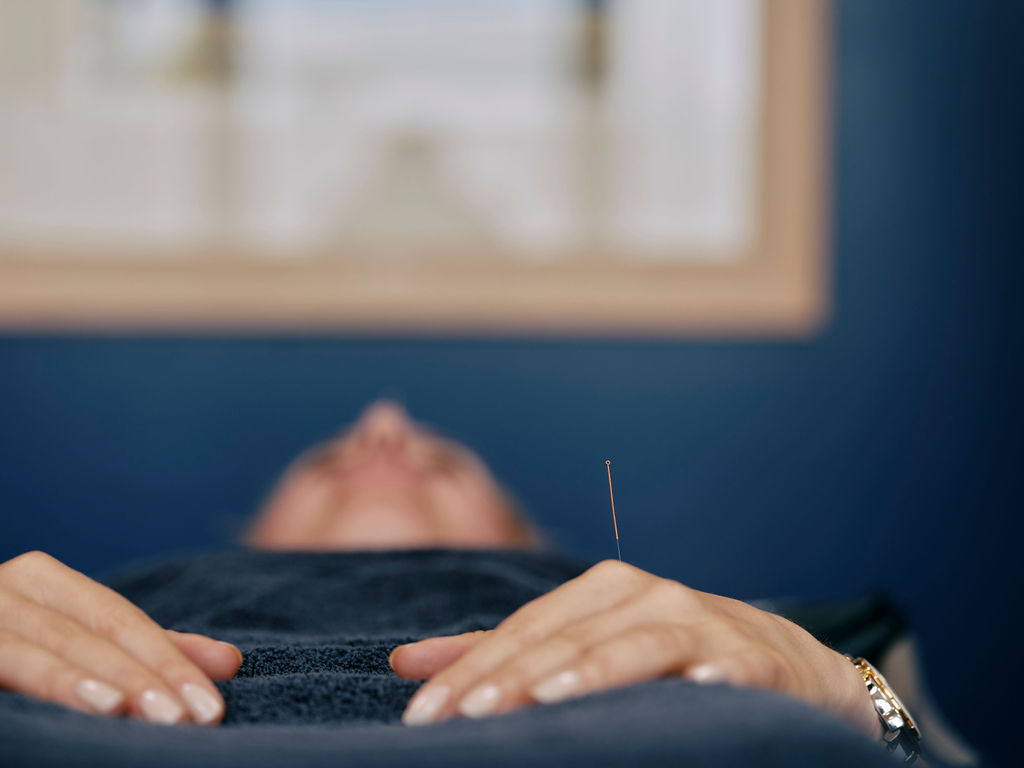Depression, Addiction
You are not alone! Recognising depression or an addictive behaviour can be a difficult process. Approximately one in four women and one in ten men will experience an episode of depression serious enough to require treatment. In the UK, the prevalence of substance misuse is around 9 per 1,000 of the population aged 15-64 years (NICE 2007).
An episode of depression can include the following symptoms:
- Depressed mood, nearly every day during most of the day
- Marked diminished interest or pleasure in almost all activities
- Significant weight loss (when not dieting), weight gain, or a change in appetite
- Insomnia or hypersomnia (excess sleep)
- Behaviour that is agitated or slowed down
- Fatigue or loss of energy
- Feelings of worthlessness or inappropriate guilt.
- Impaired ability to concentrate or indecisiveness.
- Recurrent thoughts of death, recurrent suicidal thoughts.
If you have been suffering from 5 or more of the following symptoms, at the same time, for more than 2 weeks, you may be experiencing an episode of major depression.
Some signs that you may have a problem with addiction include:
- Setting limits on your use of a substance or activity and then exceeding those limits.
- Making promises to yourself about your use that you later break.
- Lying to yourself and others about your frequency of use.
- Developing a high tolerance to a substance or activity, so that you no longer feel its effects in the way you once did, even when using larger amounts.
- Using the morning after to mask the feelings of a hangover or the symptoms of withdrawal.
- Behaving very differently whilst using, and then forgetting things which you may have done whilst under the influence.
- Feeling guilty and embarrassed about what you have done whilst under the influence.
- Avoiding functions at which your substance or activity of choice is not available.
- Missing work or social responsibilities because of your use.

Your treatment plan
Medical treatment often consists of a course of anti-depressants, or a referral to a therapist. Health Point Clinics goal is to help support you with a step-by-step personalised plan that aims to engage the correct coping mechanisms specific to your own personal needs and wellbeing whilst complimenting any other treatments or therapies you may be undertaking. You should always consult your GP if you have any concerns.
Acupuncture - Certain acupuncture points have been shown to affect areas of the brain that are known to reduce sensitivity to pain and stress, as well as promoting relaxation and deactivating the ‘analytical’ brain, which is responsible for anxiety (1).
Massage - A combination of bodywork such as tui na, acupressure, massage, reflexology, relaxation, breathing and mindful awareness exercises are also a core strategy that has proven helpful for many people.
Other Lifestyle factors - Creating restful sleep patterns, making sure you have the right diet, nutrients and nourishing eating habits are also key, as well as addressing any emotional issues that may be involved.
British Acupuncture Research Fact Sheets - For further information please take a look at the related issues section on the right hand-side of the screen.
- Wu MT et al. Central nervous pathway for acupuncture stimulation: localization of processing with functional MR imaging of the brain-- preliminary experience. Radiology 1999; 212: 133-41.
